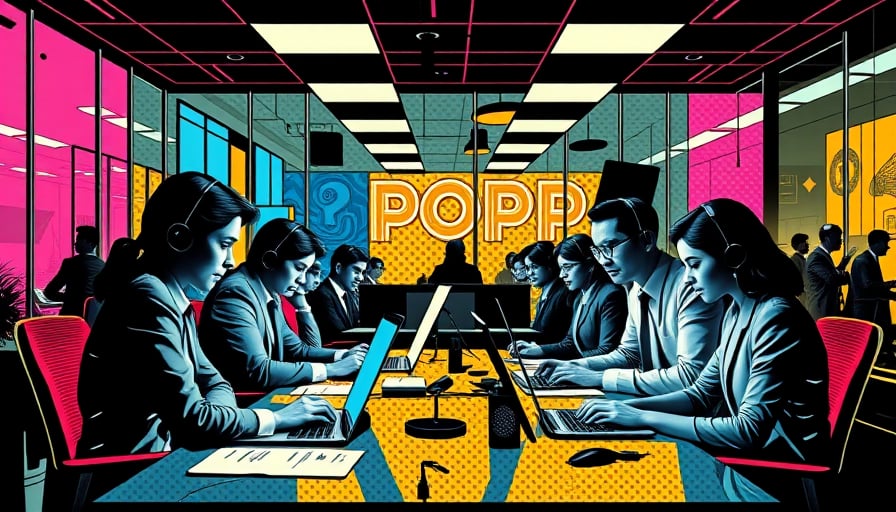Take‑Two Interactive Faces Labor‑Related Controversy Amid Ongoing Market Momentum
Take‑Two Interactive Software Inc., the parent company of Rockstar Games, has drawn regulatory and public scrutiny following a series of workforce reductions at its subsidiary. Between 30 and 40 employees in the United Kingdom and Canada were laid off in recent weeks, a move that the Independent Workers’ Union of Great Britain (IWGB) has characterised as a retaliatory measure against staff involved in union‑organising efforts. The union alleges that the firings constitute an act of union‑busting, raising concerns about Take‑Two’s compliance with international labour standards and the potential for reputational damage.
Impact on Corporate Governance and Investor Sentiment
The board of directors, chaired in part by Electronic Arts co‑founder Bing Gordon, has indicated that the company remains focused on expanding its presence in the emerging blockchain‑based gaming sector. Despite the turmoil in its talent pipeline, Take‑Two’s market capitalization has not yet reflected a significant shift. Analysts observe that the company’s stock price has remained relatively flat, and some speculate that a record‑breaking run‑up could materialise with the forthcoming financial results. Nonetheless, the negative press associated with the layoffs may exert downward pressure on investor confidence, especially if the company faces legal challenges or further scrutiny from regulators.
Strategic Context and Sector Dynamics
Take‑Two’s core product portfolio—most notably the Grand Theft Auto series—continues to generate robust revenue streams, underpinning the firm’s valuation. The broader gaming industry is experiencing a convergence of traditional high‑end titles with new blockchain‑integrated experiences, a trend that offers significant growth potential but also introduces regulatory complexity. Take‑Two’s investment in this niche aligns with a strategic objective to diversify revenue sources and mitigate risks associated with the cyclical nature of game releases.
From an industry‑wide perspective, the situation underscores the importance of robust human‑resource governance in technology‑centric firms. Companies operating in the entertainment sector face heightened scrutiny over labour practices, as consumer and investor sentiment increasingly prioritises ethical conduct. This dynamic is not confined to gaming; similar pressures are observed in adjacent creative industries, where talent retention and union relations can directly influence brand equity and operational continuity.
Outlook and Monitoring Metrics
Stakeholders will likely monitor several key indicators in the coming weeks:
| Indicator | Relevance | Expected Impact |
|---|---|---|
| Legal Proceedings | Potential claims or investigations by IWGB or labour regulators | Could trigger penalties or mandatory rehiring |
| Stock Volatility | Investor reactions to controversy | Short‑term price swings, long‑term trend uncertainty |
| Earnings Guidance | Company’s projected revenue from core and blockchain products | Confidence in future profitability |
| Public Relations Response | Executive statements and remedial actions | Mitigation of reputational damage |
While Take‑Two’s financial fundamentals appear resilient, the company’s ability to navigate the intersection of labour compliance and strategic expansion will be a critical factor in sustaining shareholder value. Market participants will assess how swiftly the company can reconcile internal workforce issues with its broader growth agenda, particularly as the industry continues to evolve toward distributed, blockchain‑enabled gaming ecosystems.
